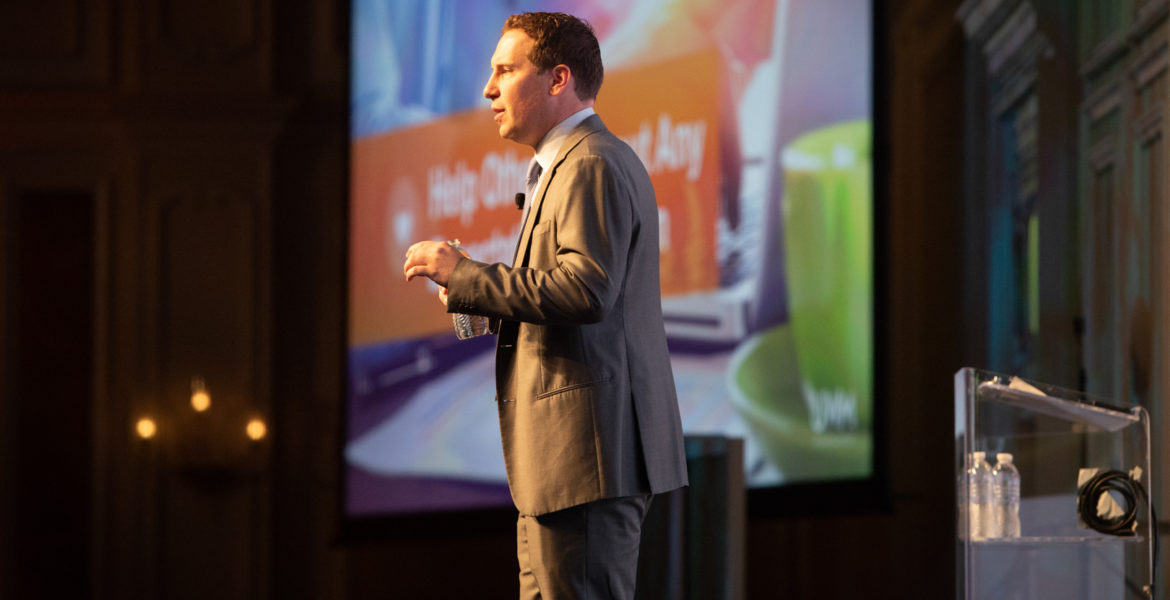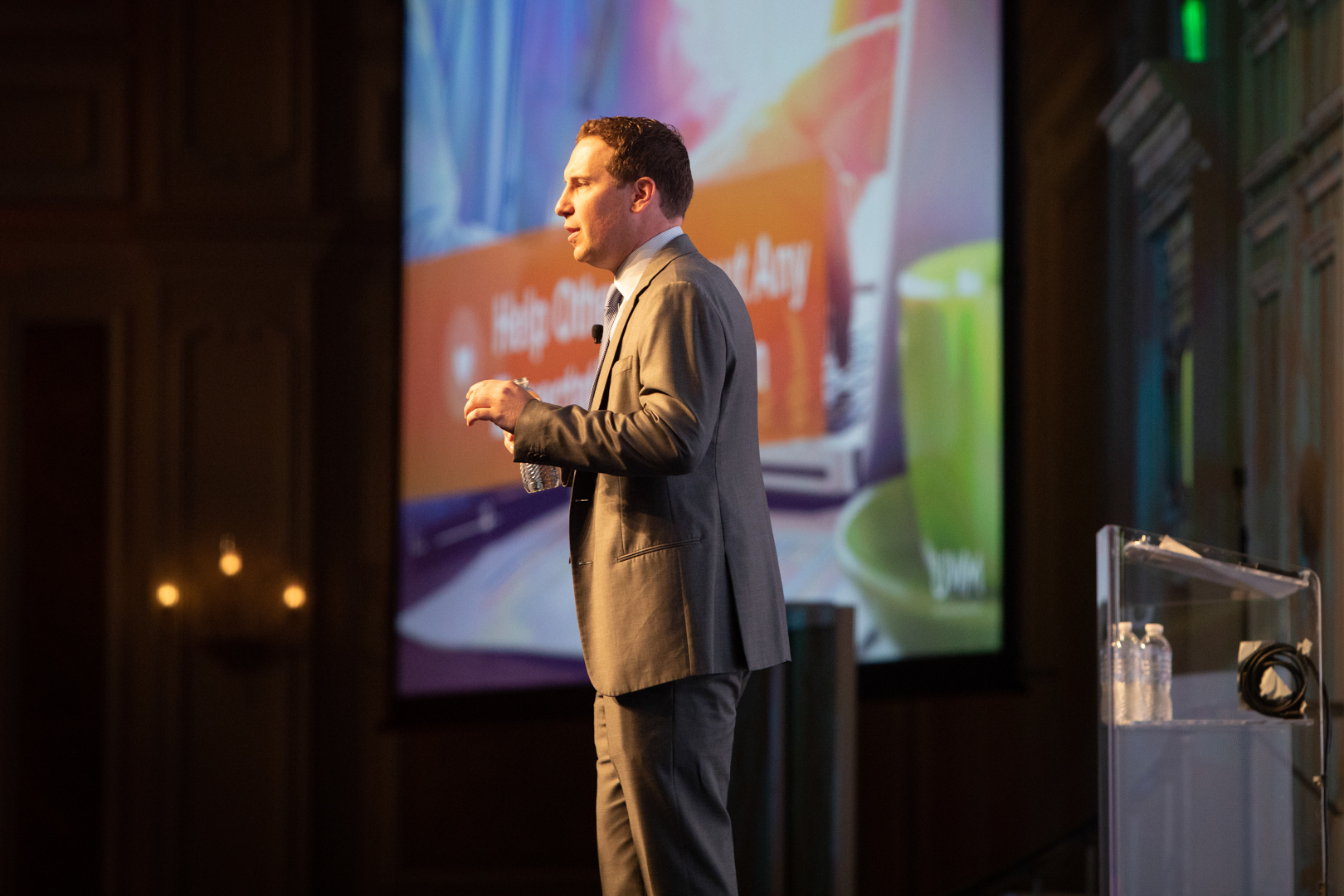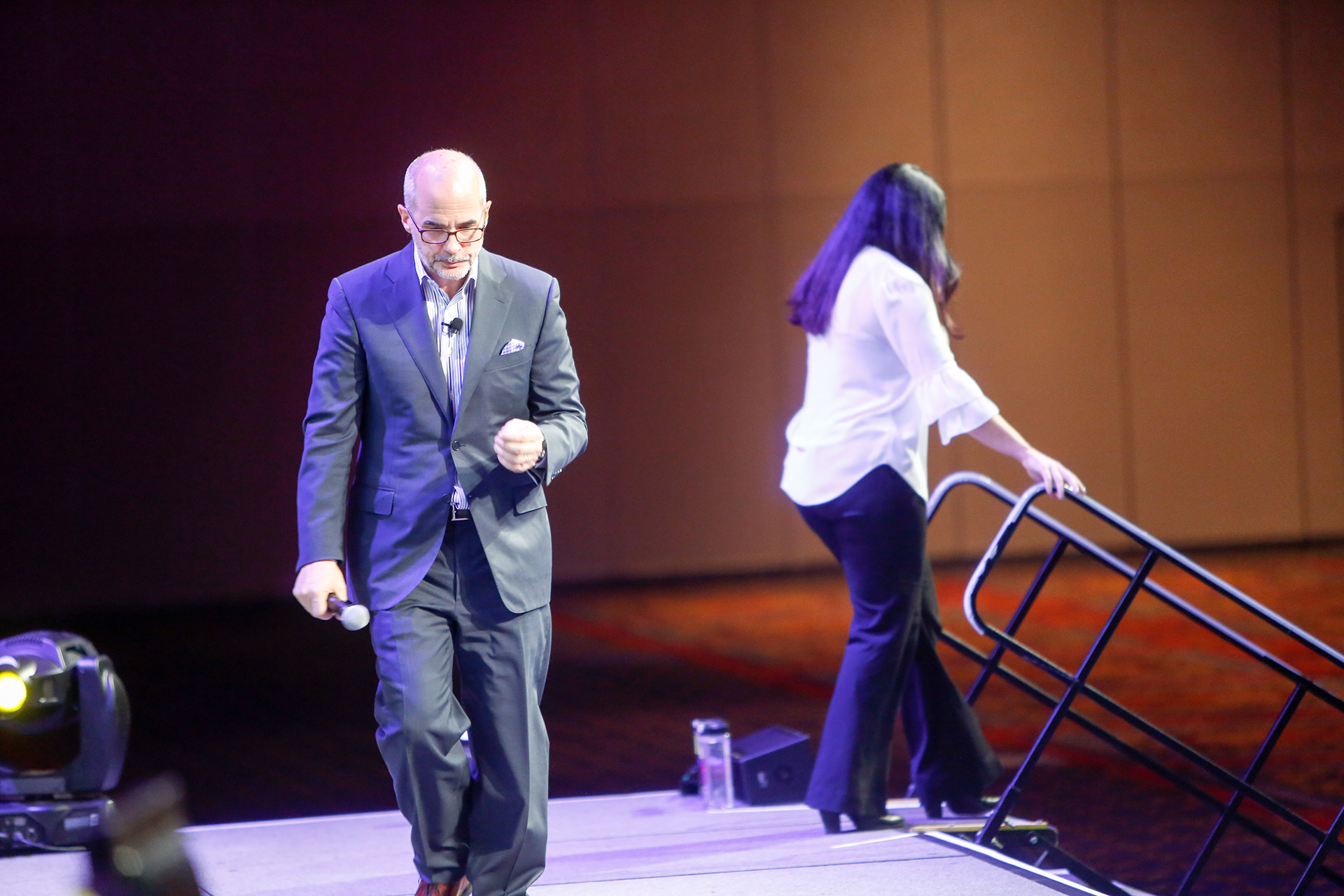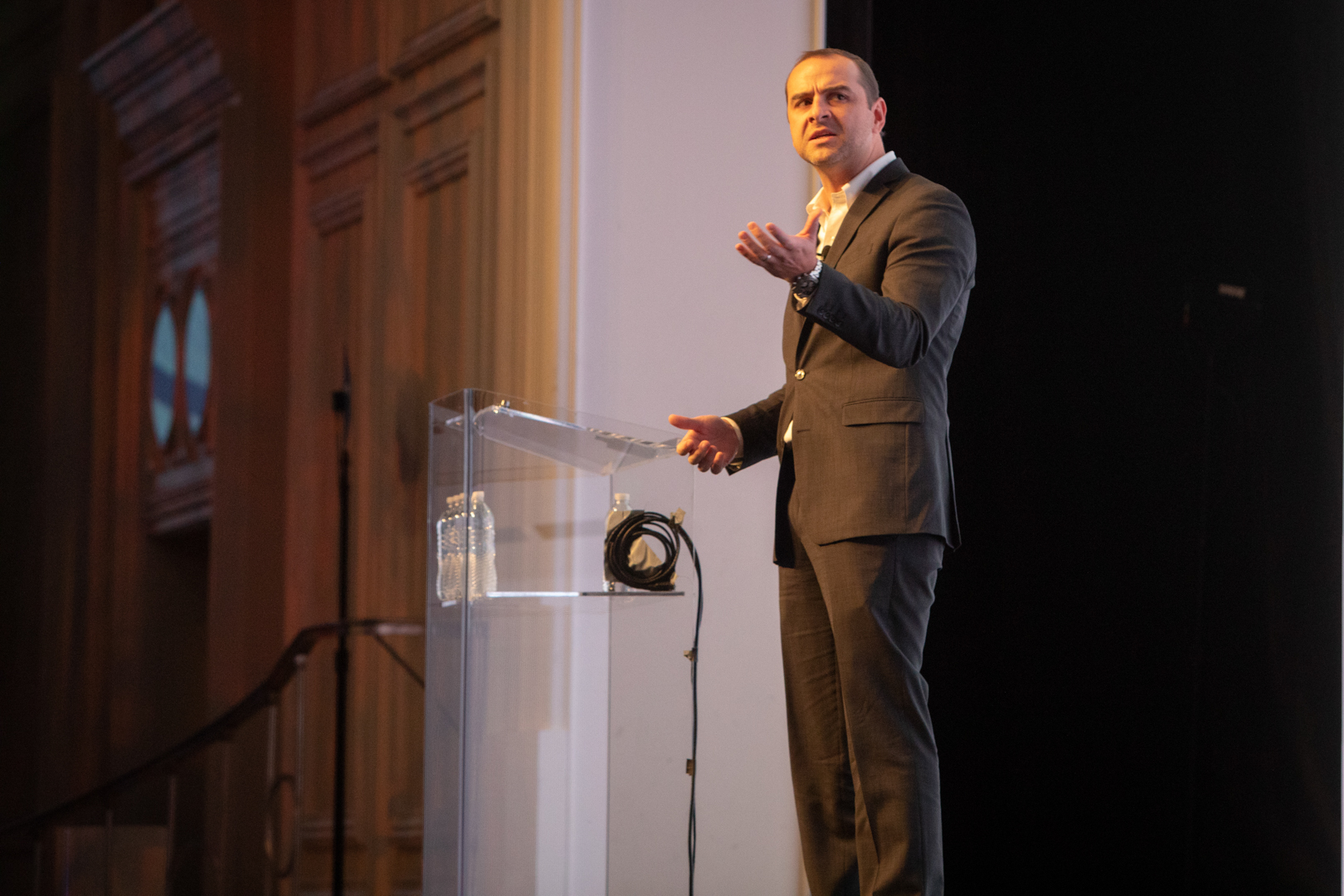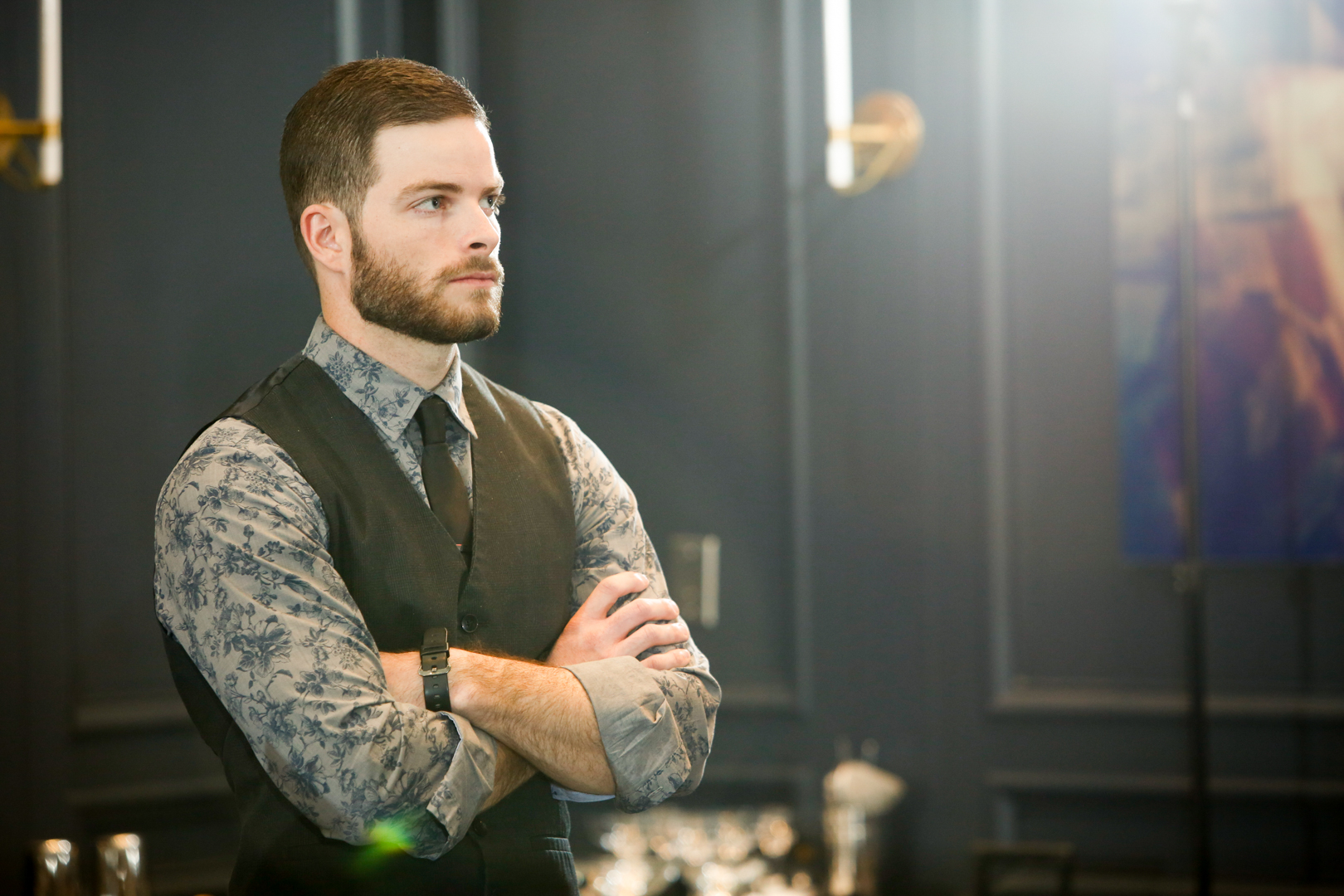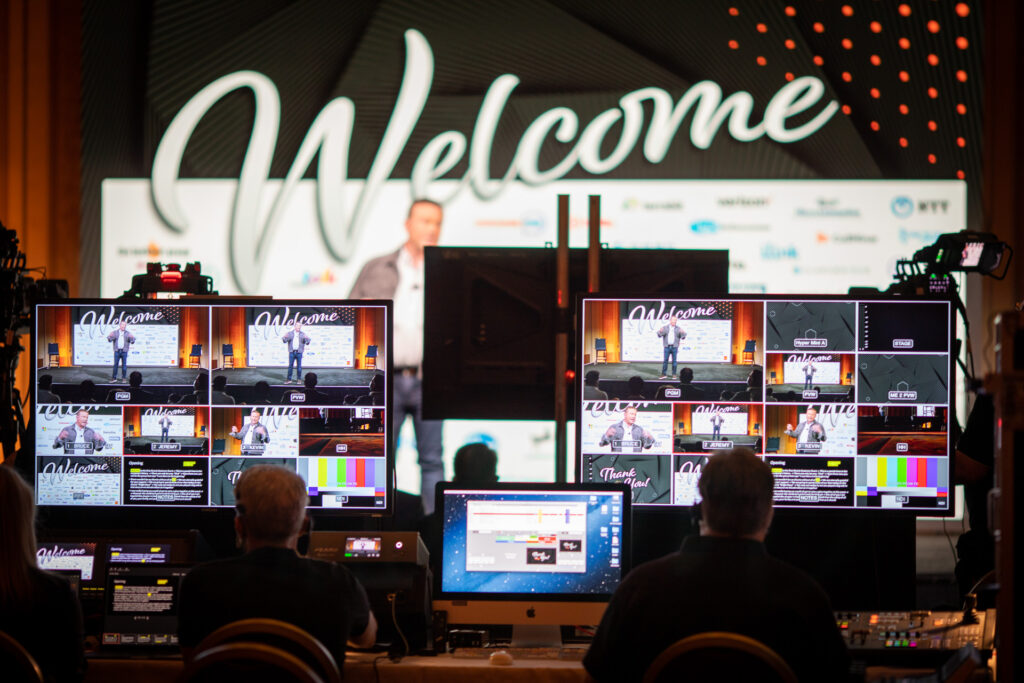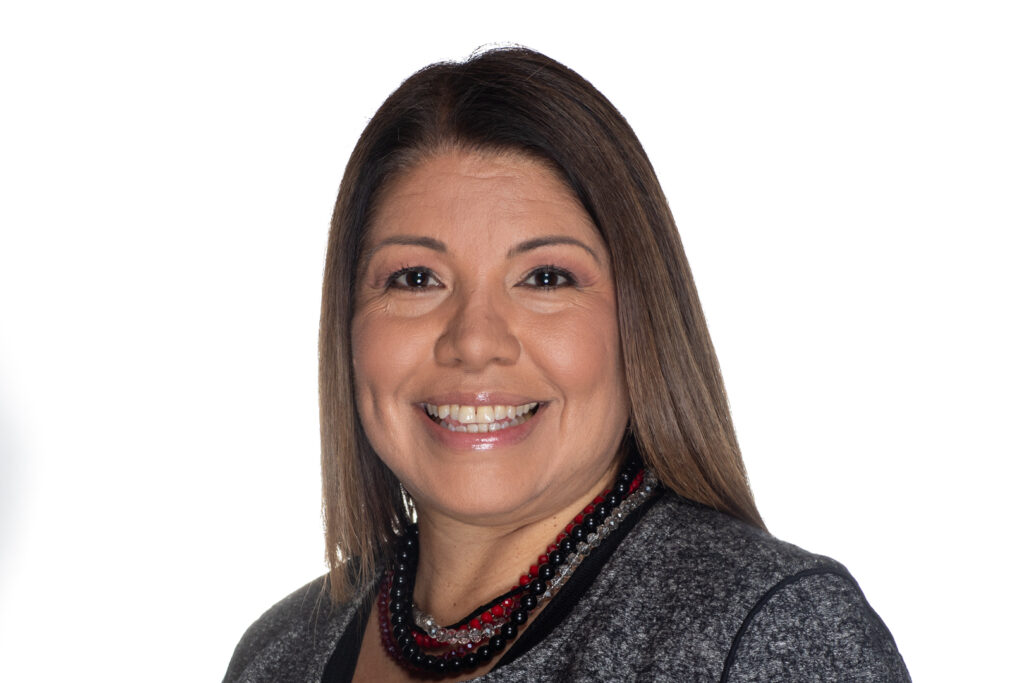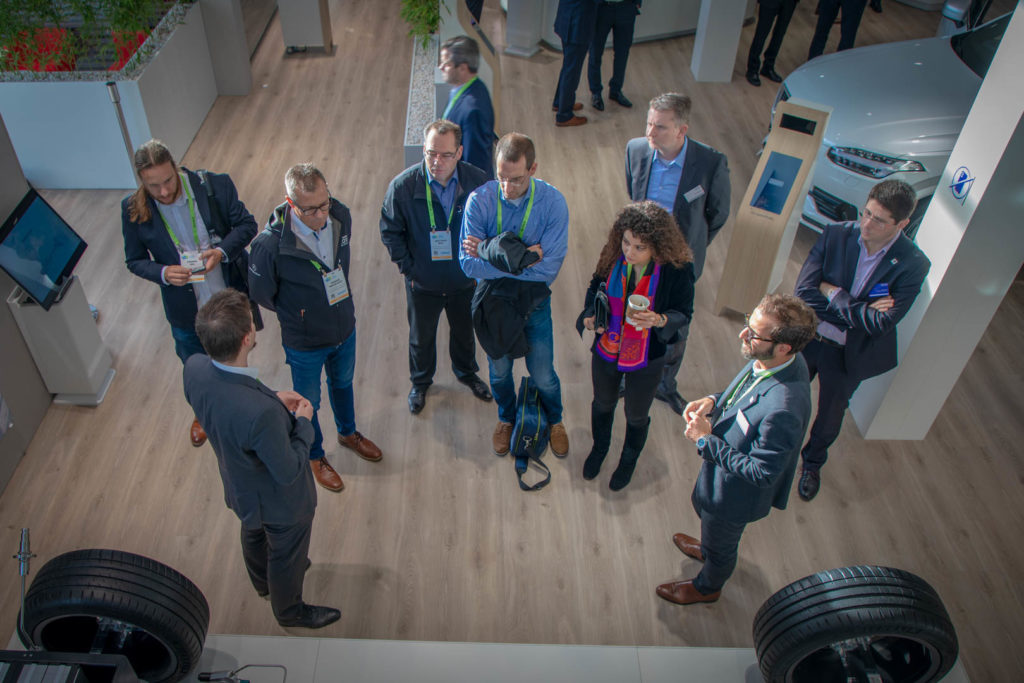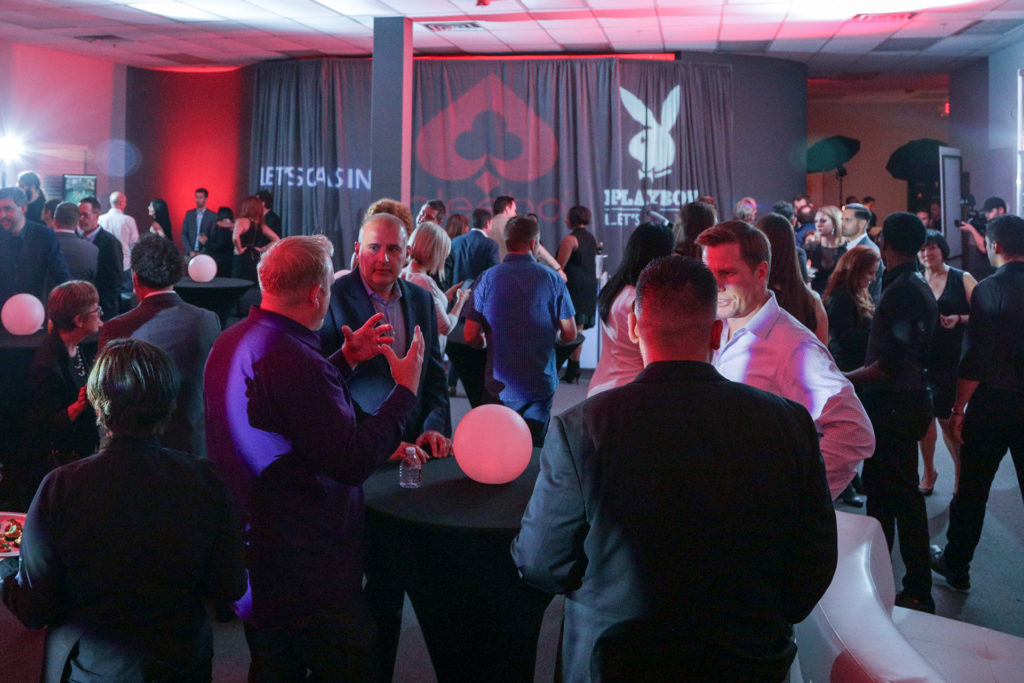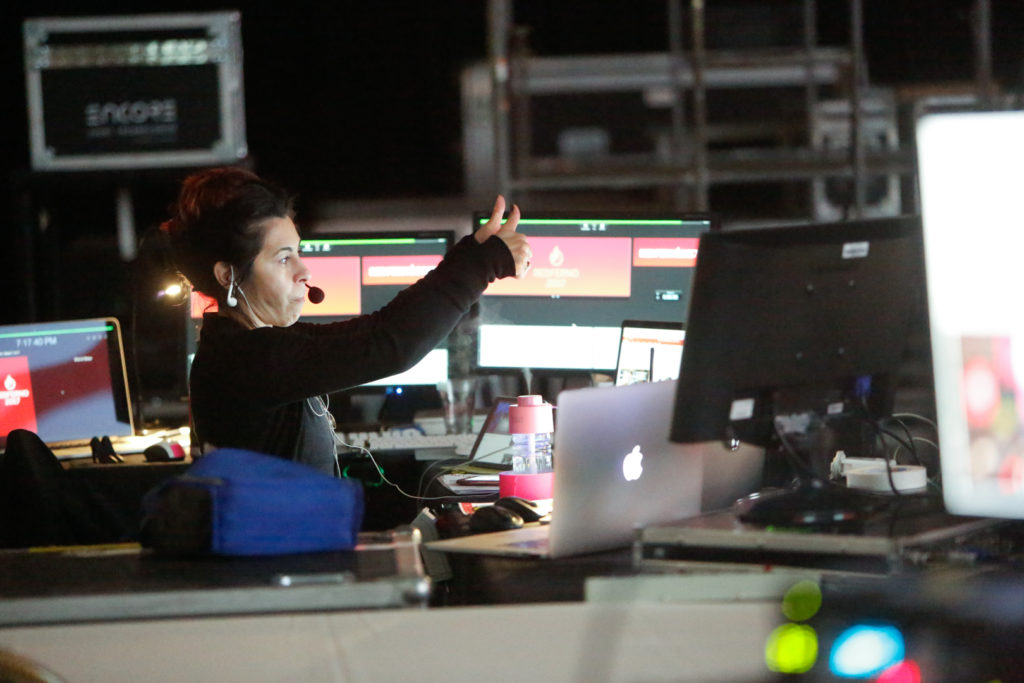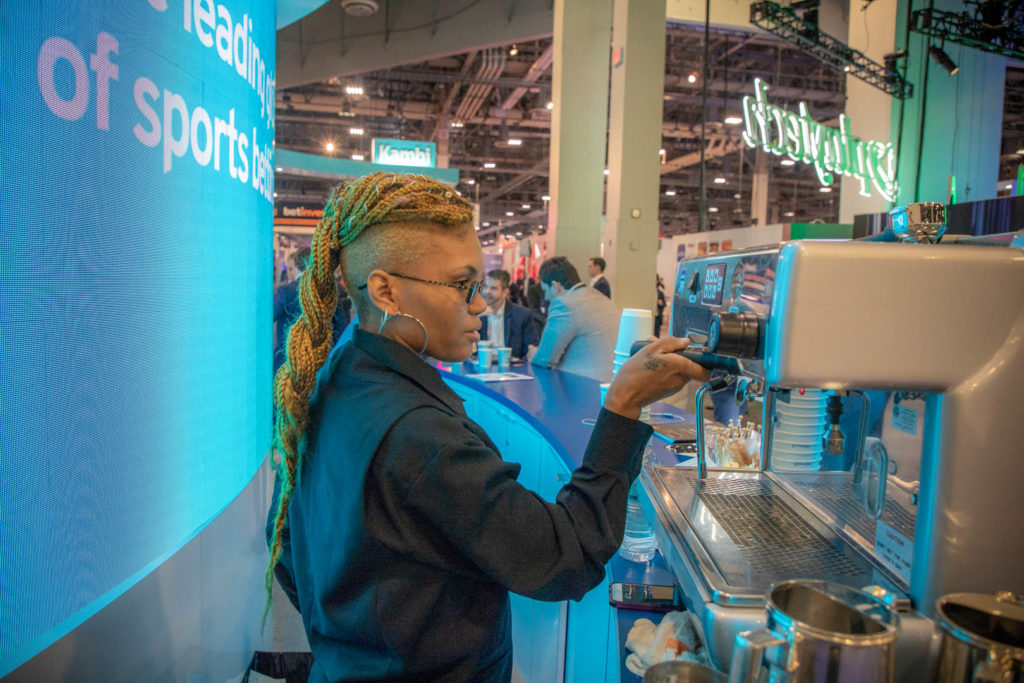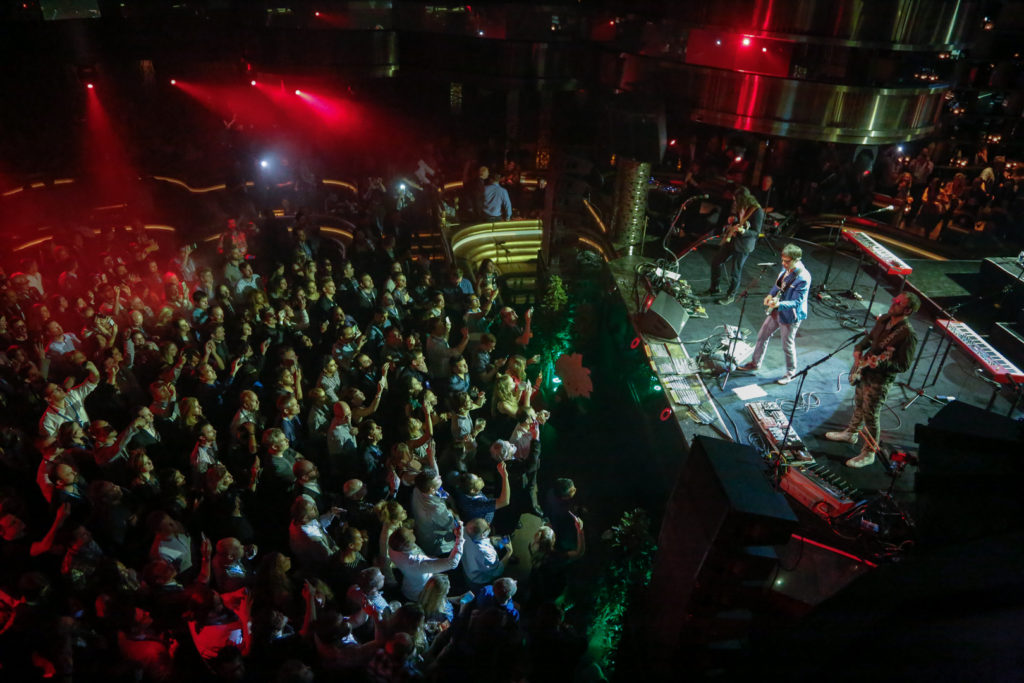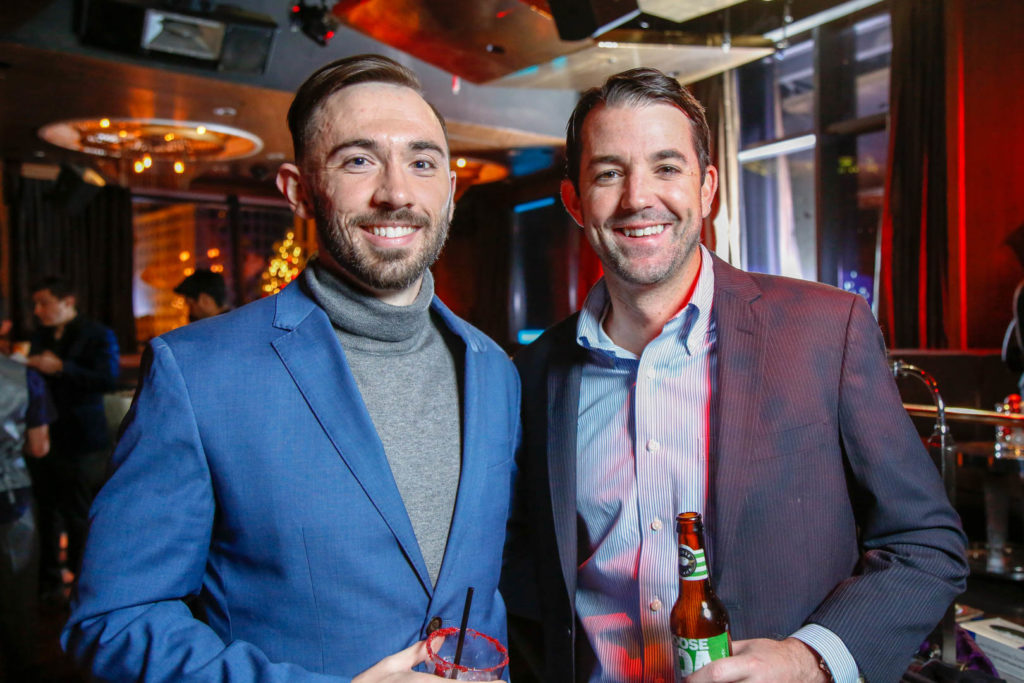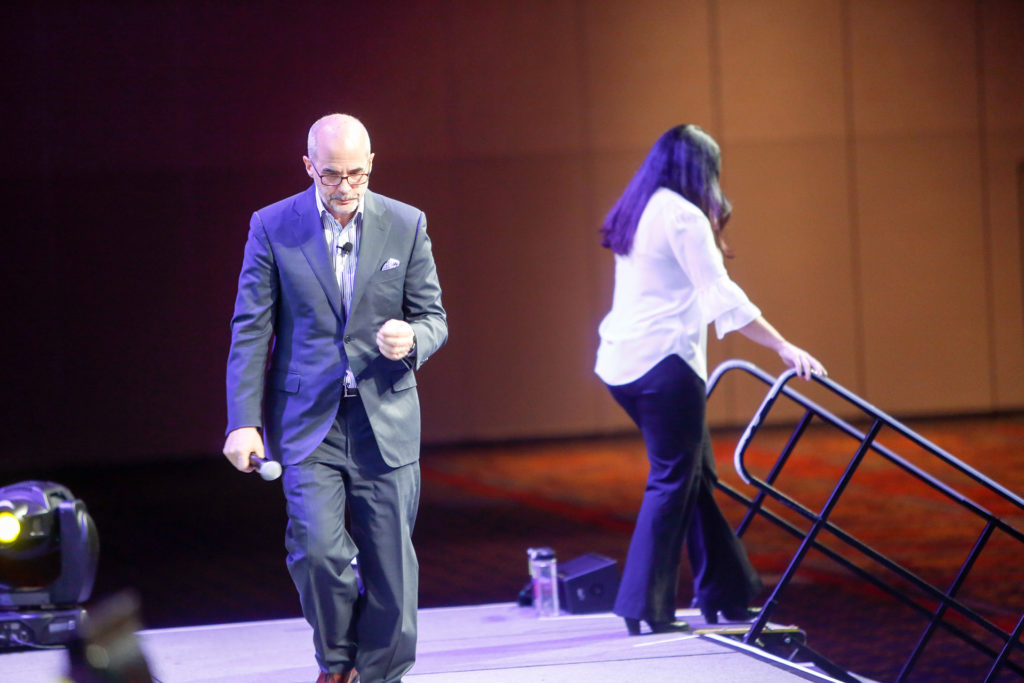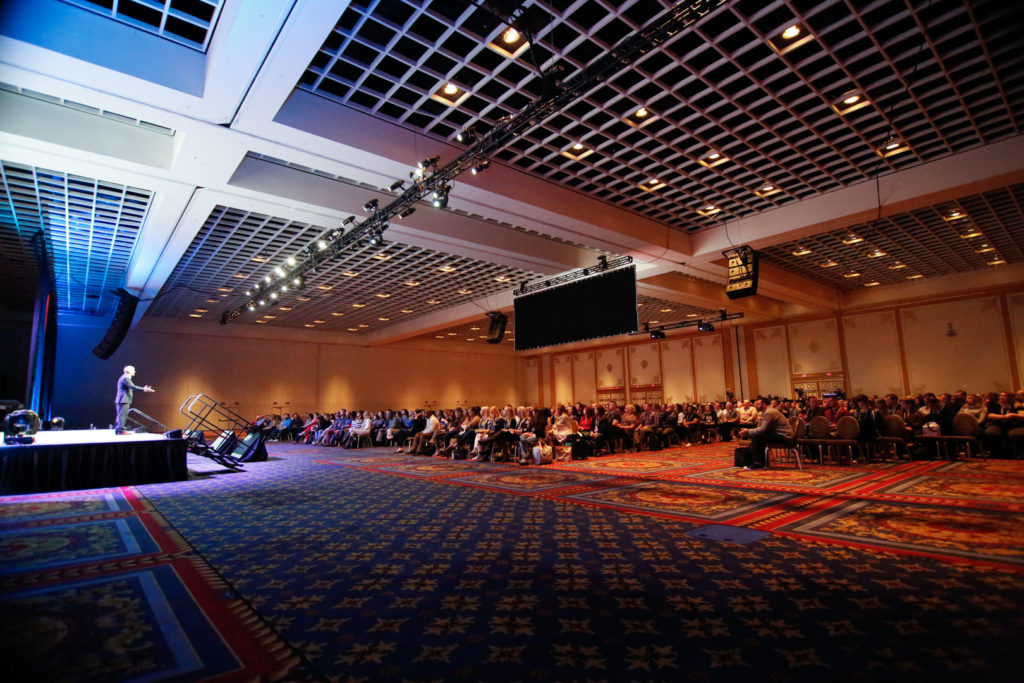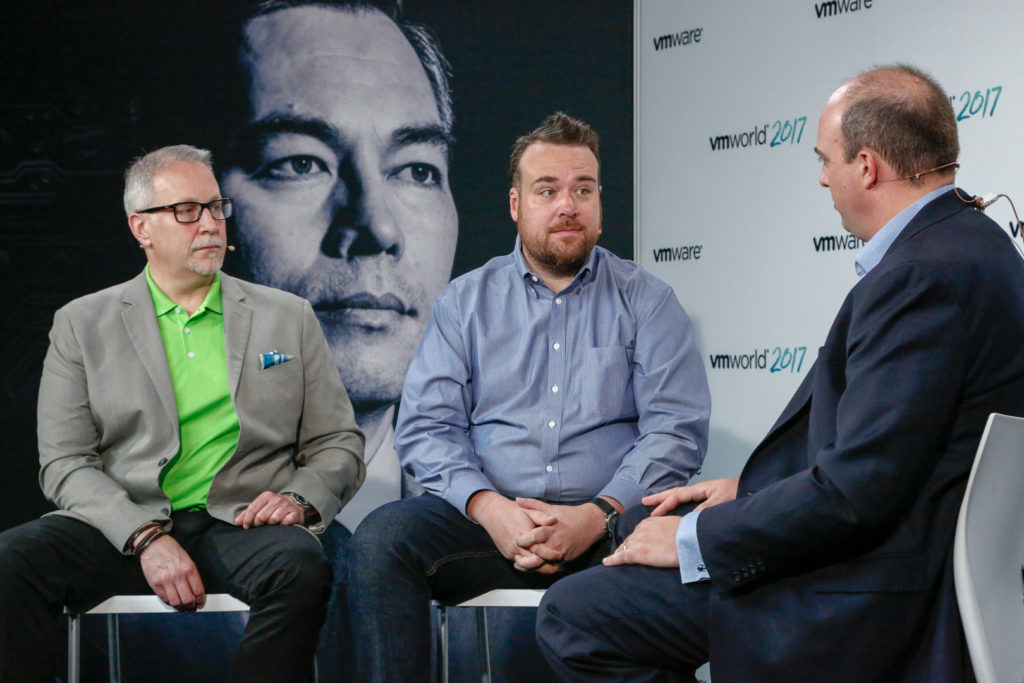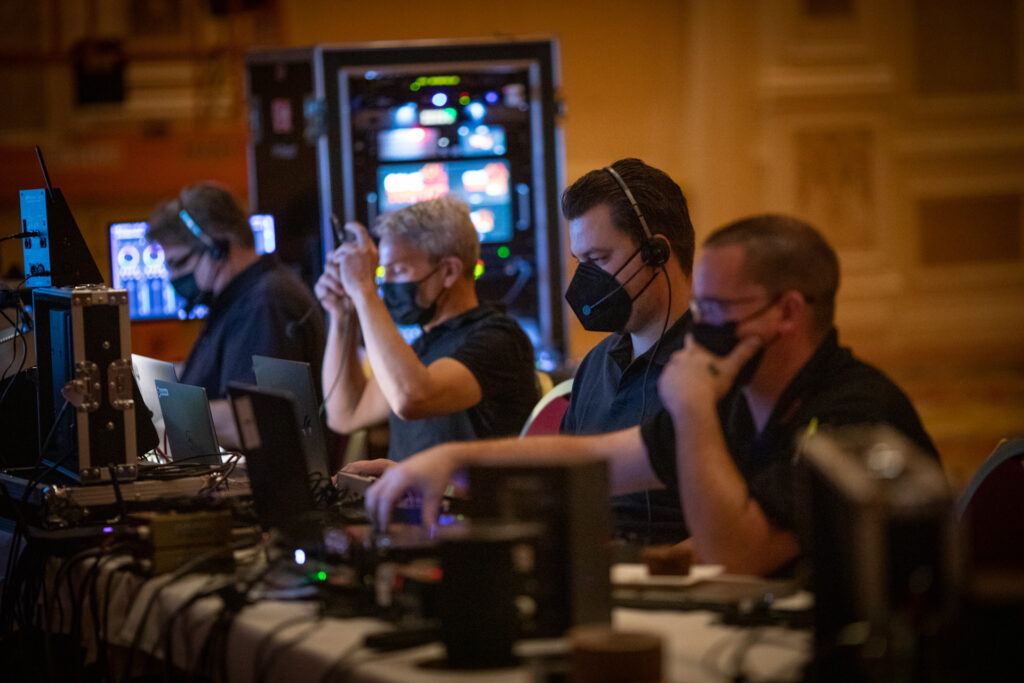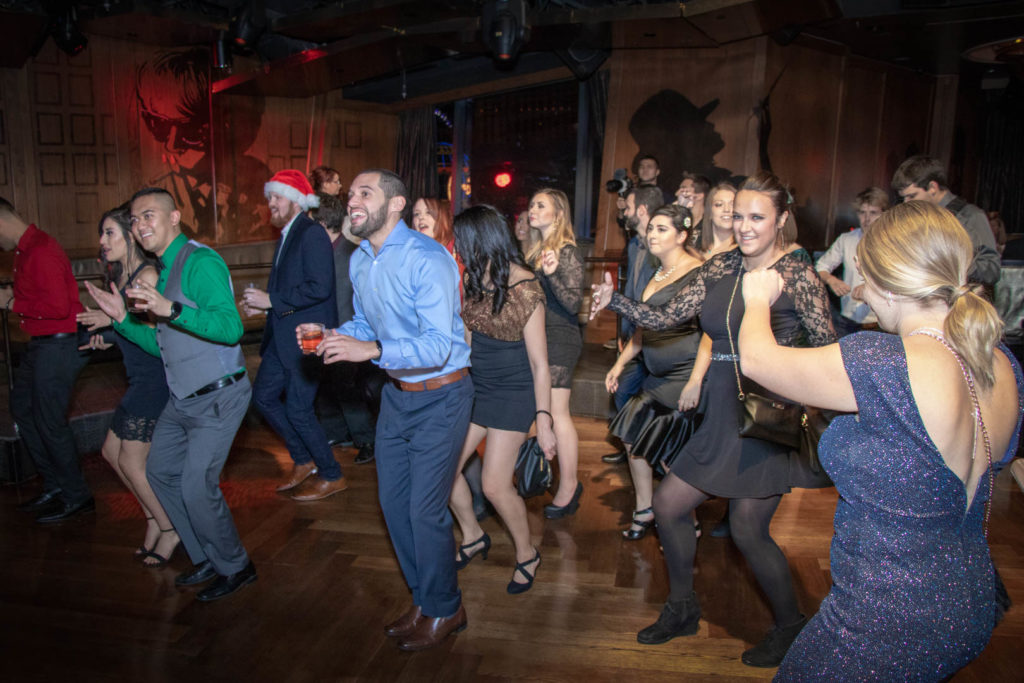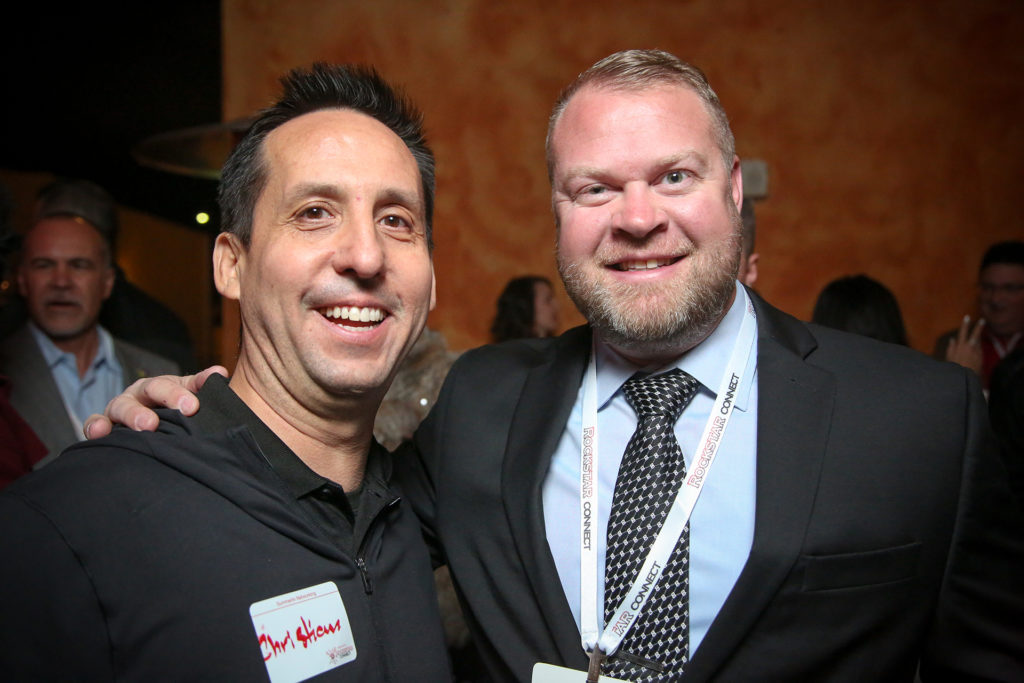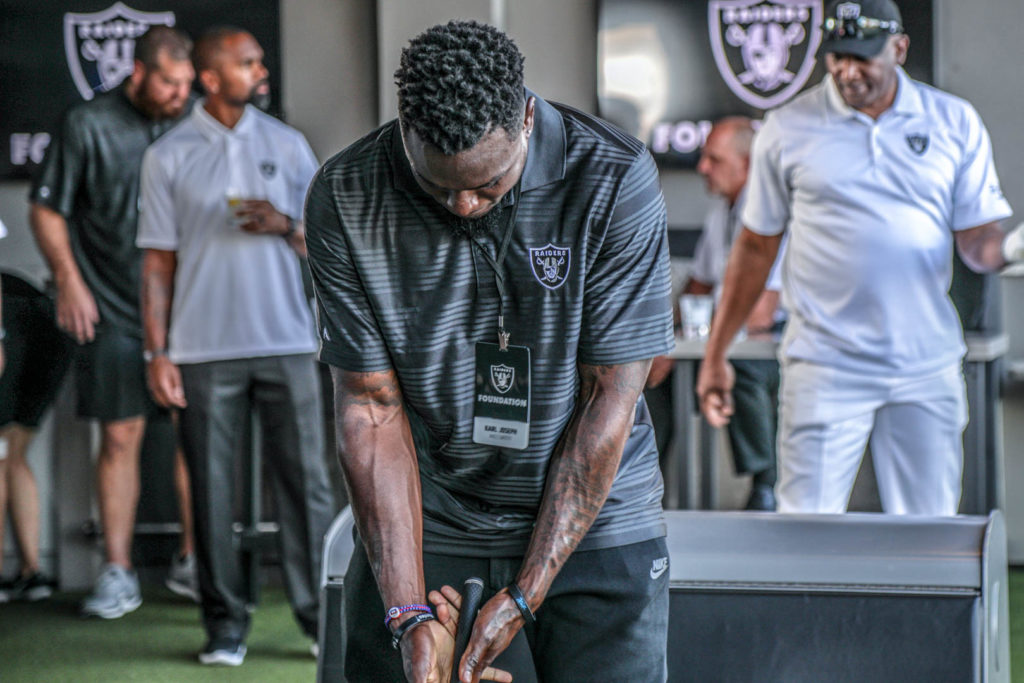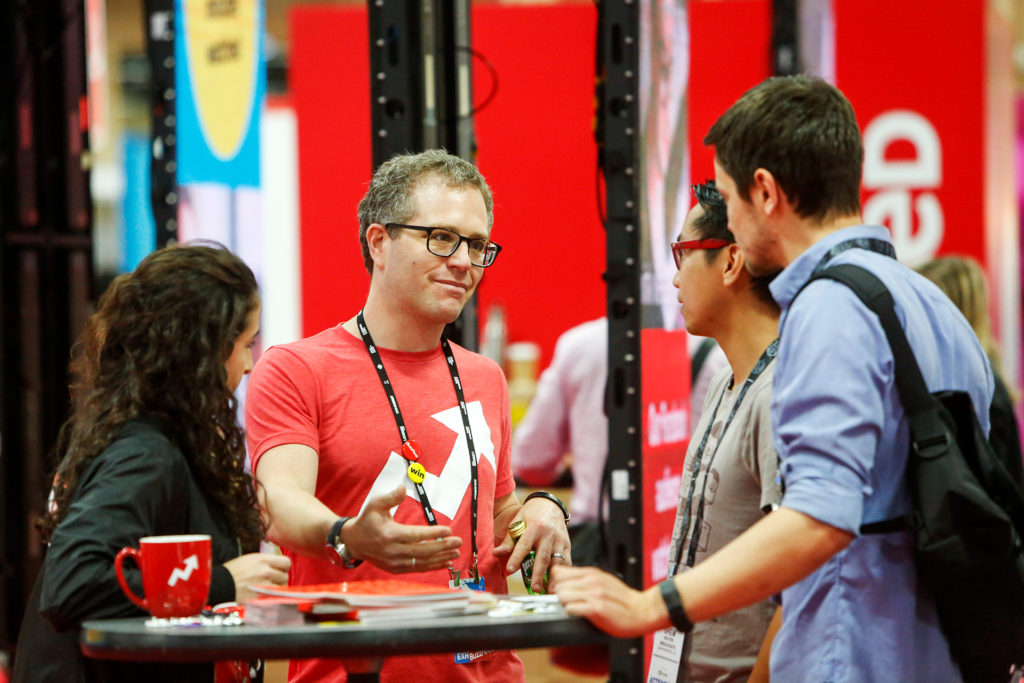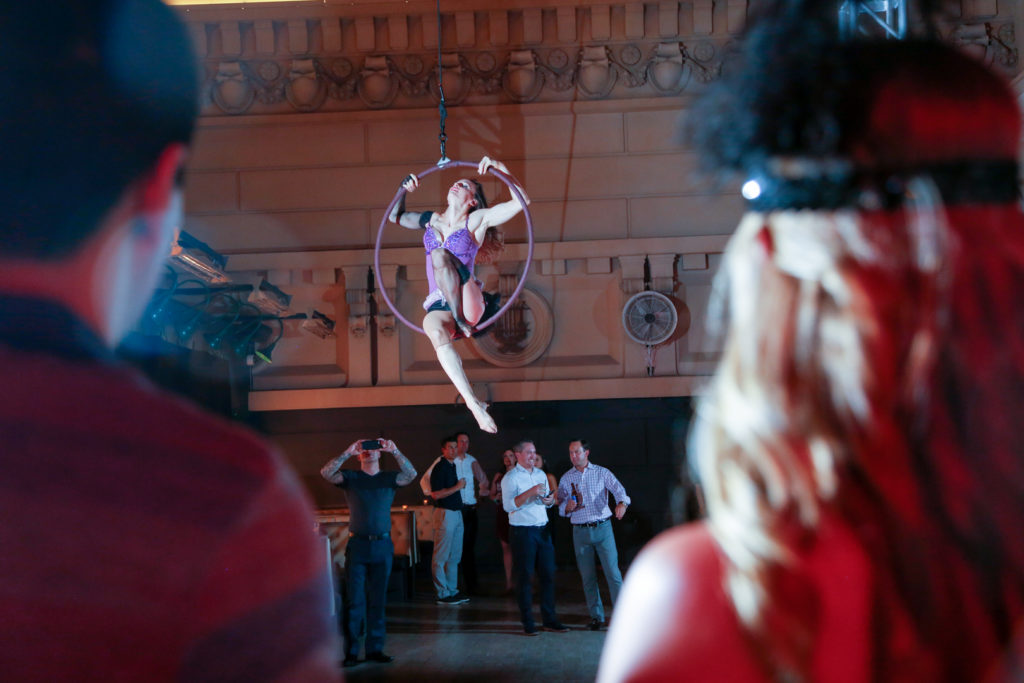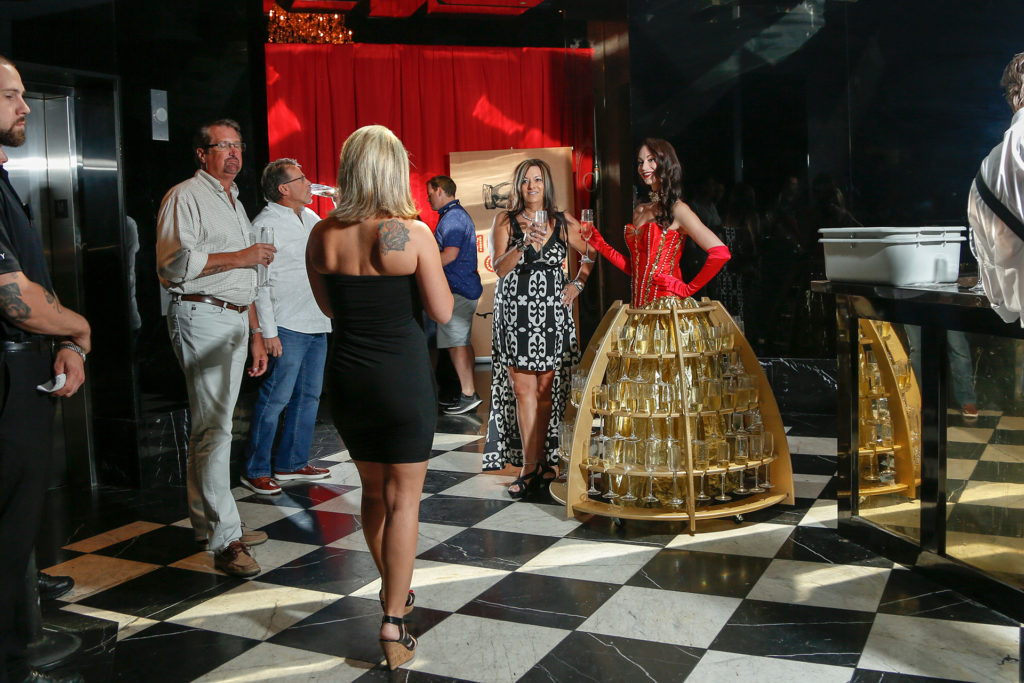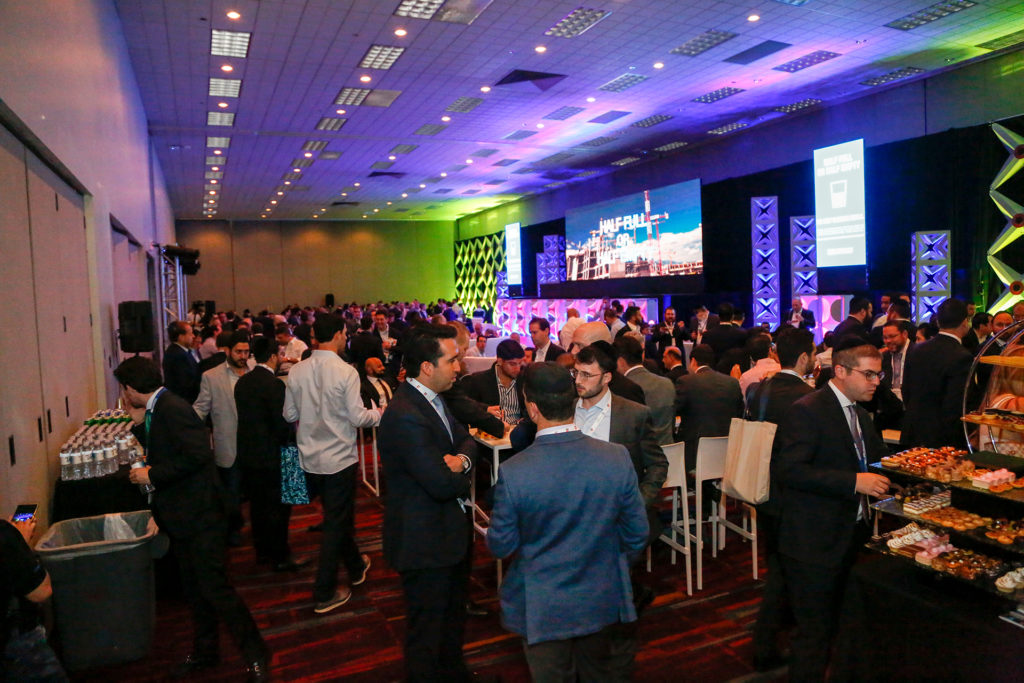LAS VEGAS EVENT PHOTOGRAPHER
CORPORATE EVENT PHOTOGRAPHER VIDEO
Book Online
Questions? Text or call (702) 530-4384 or send an email info@christianpurdie.com
LAS VEGAS EVENT PHOTOGRAPHER IMAGES
Book Online
Questions? Text or call (702) 530-4384 or send an email info@christianpurdie.com
Keep Track Of Your Equipment – Event Photographer
When covering an event, an event photographer should always keep track of his equipment. He must keep his equipment in a safe location. Even if the venue of the event has a designated room where you can safely keep your equipment, you still need to keep track of them.
It may interest you to know that nothing frustrates an event photographer than his equipment being stolen. This will destabilize him, change his mood, and can affect the quality of the shots he takes.
Also, stolen equipment can make an event photographer aggressive and rude to his subject, this may not go down well with his client. It may limit your chances of getting a similar job from the same client in the future.
Therefore, to avoid the drama that comes with missing equipment, it is strongly advisable to keep track of your equipment.
Tips for keeping track of your equipment when covering an event
#1. Go With An Assistant: One of the tips for keeping track of your equipment when covering an event is to have an assistant. A good assistant will always keep an eye on your equipment while you do the capturing.
#2. Drop Off Your Equipment In A Designated Room In The Venue: Most event venues always have a designated room where you can keep your equipment. This room is always very safe and most times it is guarded. So, you can be assured that your equipment is safe when you drop it off in a designated room at an event.
#3. Keep A vigilant eye on the equipment: If you don’t have an assistant or there is no designated room in the venue for you to drop your equipment, the next option is to keep a vigilant eye on the equipment. As an event photographer, you take great shots at the event and still keep an eye on the equipment.
As an event photographer, your equipment is your lifeline. From capturing the perfect shot to ensuring your clients are delighted with the results, having reliable and well-maintained gear is essential. That’s why it’s important to keep track of your equipment to avoid any last-minute surprises or mishaps.
In this article, we will explore the various ways you can stay organized and on top of your gear. From creating a comprehensive inventory list to implementing a system for regular maintenance and updates, we will provide you with practical tips to streamline your workflow and enhance your efficiency.
With our expert advice, you can say goodbye to the stress of searching for misplaced accessories or worrying about battery life at crucial moments. Instead, you can focus on what you do best – capturing those memorable moments for your clients.
Don’t let an equipment-related setback ruin your next event. Join us as we delve into the world of equipment management for event photographers and discover how you can take your photography game to the next level.
The Importance of Equipment Management for Event Photographers
Effective equipment management is crucial for event photographers. Without a well-organized system in place, you risk losing valuable time searching for equipment or, worse, missing important shots. By implementing proper equipment management practices, you can ensure that you are always prepared and ready to capture those special moments.
One of the key benefits of equipment management is improved efficiency. When you have a clear understanding of what equipment you have, where it is located, and its condition, you can easily plan and prepare for each event. This allows you to focus on capturing the perfect shots and providing an exceptional experience for your clients.
Additionally, proper equipment management can save you money in the long run. By keeping track of your gear and implementing regular maintenance, you can extend the lifespan of your equipment and avoid costly repairs or replacements. It also enables you to identify any equipment that may need upgrading, allowing you to stay up-to-date with the latest technology and deliver the best results to your clients.
Common Challenges in Equipment Management
While equipment management is essential, it can also present some challenges for event photographers. One common issue is the risk of misplacing or losing equipment. With numerous accessories and gear to keep track of, it’s easy to misplace or forget items, especially in the fast-paced environment of events. This can lead to unnecessary stress and delays in your workflow.
Another challenge is the potential for theft. Events are often crowded, and it’s not uncommon for equipment to go missing. Losing your gear not only disrupts your work but also has financial implications. It’s important to take proactive measures to prevent theft and protect your valuable equipment.
Lastly, the rapid advancement of technology means that equipment can quickly become outdated. Keeping up with the latest gear and software updates can be a challenge, especially for photographers who are focused on their craft. However, staying current with technology is essential to deliver high-quality results and meet client expectations.
Essential Equipment Tracking Tools and Software
To effectively manage your equipment, you need the right tools and software to streamline your workflow and keep everything organized. Here are some essential equipment tracking tools and software that can help:
Inventory Management Software: Utilize specialized inventory management software designed for photographers. These tools allow you to create a digital inventory of your equipment, including details such as model numbers, purchase dates, and warranty information. Some software even offers barcode scanning capabilities, making it easy to check items in and out.
Asset Tags: Attach asset tags to your equipment as a visual identifier. These tags can include unique serial numbers and QR codes, which can be scanned with a smartphone or dedicated app. This simplifies the process of tracking and locating equipment, especially during events where time is of the essence.
Cloud Storage: Store important documents, such as equipment manuals, receipts, and insurance information, in the cloud. This ensures that you have access to crucial information even if physical copies are lost or damaged. Cloud storage also allows you to easily share documents with team members or insurance providers when needed.
Calendar and Reminder Apps: Utilize calendar and reminder apps to schedule regular equipment maintenance, software updates, and replacements. Set up notifications to ensure that you never miss an important date, helping you stay on top of your equipment management tasks.
By utilizing these tools and software, you can streamline your equipment management processes and have peace of mind knowing that your gear is in order.
Creating an Inventory System for Your Equipment
Creating a comprehensive inventory system is essential for event photographers. This system should include detailed information about each piece of equipment, making it easy to track and manage your gear. Here are some steps to help you create an effective inventory system:
List and Document: Start by listing all your equipment, including cameras, lenses, tripods, lighting equipment, and accessories. Document essential information such as the brand, model, serial number, and purchase date for each item. Take clear, high-resolution photos of your gear for reference.
Categorize and Label: Categorize your equipment based on its purpose or usage. For example, create categories for cameras, lenses, lighting, and accessories. Label each item with a unique identifier, such as a barcode or asset tag, to easily identify and track them.
Digitalize and Backup: Transfer your inventory list and accompanying documentation to a digital format. This can be done using inventory management software or a spreadsheet program like Microsoft Excel or Google Sheets. Make sure to regularly back up your digital inventory to prevent data loss.
Regular Updates: Update your inventory whenever you purchase new equipment or retire old ones. This ensures that your inventory list remains accurate and up-to-date. Include details such as warranty information, repair history, and any relevant notes for each item.
By following these steps, you can establish a reliable inventory system that helps you keep track of your equipment efficiently.
Tips for Organizing and Storing Equipment
Proper organization and storage of your equipment are essential to ensure easy access and prevent damage. Here are some tips to help you keep your gear organized and in top condition:
Dedicated Storage Space: Designate a specific area or room for storing your equipment. This helps keep everything in one place and minimizes the risk of misplacing items. Install shelves, cabinets, or storage racks to provide a neat and organized space for your gear.
Protective Cases and Bags: Invest in high-quality protective cases and bags for your cameras, lenses, and accessories. These cases should be padded and waterproof to safeguard your equipment from bumps, drops, and environmental factors. Use dividers or foam inserts to keep items secure and prevent them from shifting during transportation.
Clear Labels and Organization: Label storage containers, shelves, or drawers to clearly indicate the contents. This makes it easier to locate specific items quickly. Group related equipment together, such as cameras and lenses, to streamline your workflow and ensure everything is in its designated place.
Climate Control: Ensure that your storage area has proper climate control to protect your gear from extreme temperatures, humidity, and moisture. Use dehumidifiers or silica gel packs to maintain optimal humidity levels and prevent mold or condensation.
Regular Cleaning: Regularly clean your equipment to remove dust, dirt, and fingerprints. Use a soft, lint-free cloth and appropriate cleaning solutions recommended by the manufacturer. Cleaning your gear not only keeps it in good condition but also helps maintain image quality.
By implementing these organization and storage tips, you can ensure that your equipment is protected and easily accessible whenever you need it.
Preventing Loss and Theft of Equipment
Preventing loss and theft of your equipment should be a top priority for event photographers. Here are some measures you can take to minimize the risk:
Insurance Coverage: Obtain comprehensive insurance coverage for your equipment. This protects you financially in case of loss, theft, or damage. Consult with an insurance agent who specializes in photography equipment to ensure you have adequate coverage for your specific needs.
Personalize and Secure: Personalize your equipment by adding unique markings or engravings. This makes it easily identifiable and less attractive to thieves. Additionally, invest in quality locks and security cables to secure your gear during events or when leaving it unattended.
Supervision and Assistance: Enlist the help of an assistant or team member to watch over your equipment during events. This provides an extra layer of security and allows you to focus on your photography. Make sure to communicate and coordinate with your team to ensure smooth operations.
Event-Specific Precautions: Assess the event venue and take necessary precautions. For outdoor events, secure your gear in weather-resistant cases and consider using lockable storage tents. In crowded indoor venues, be vigilant and keep your equipment within sight at all times.
By taking proactive steps to prevent loss and theft, you can safeguard your equipment and focus on capturing stunning photographs.
Maintaining and Repairing Your Equipment
Regular maintenance and timely repairs are essential to keep your equipment in optimal condition. Here are some maintenance tips to ensure your gear performs at its best:
Cleaning: Clean your equipment regularly to remove dust, dirt, and debris. Use a soft brush or air blower to remove particles from camera sensors, lenses, and other sensitive areas. Follow manufacturer guidelines for cleaning to avoid damaging delicate components.
Battery Care: Properly maintain and charge your camera batteries. Avoid overcharging or completely draining them, as this can shorten their lifespan. Invest in spare batteries and keep them charged and ready for use. It’s also a good idea to carry a portable charger or power bank for extended shoots.
Software Updates: Keep your cameras, lenses, and other equipment up-to-date with the latest firmware and software updates. These updates often include performance improvements, bug fixes, and new features that can enhance your photography experience.
Professional Servicing: Schedule regular professional servicing for your equipment. This includes sensor cleaning, lens calibration, and overall maintenance. Professional technicians can identify and address any underlying issues that may affect your gear’s performance.
Storage Considerations: When storing your equipment for extended periods, take proper precautions. Remove batteries to prevent corrosion or leakage. Store lenses with their caps on and camera bodies in a dust-free environment. Use silica gel packs to maintain optimal humidity levels in storage containers.
By following these maintenance practices, you can prolong the lifespan of your equipment and ensure consistent performance.
Upgrading and Replacing Outdated Equipment
As technology advances, it’s important to periodically assess your equipment and consider upgrades or replacements. Here are some signs that indicate it may be time to upgrade or replace your gear:
Performance Limitations: If you find that your equipment is unable to meet your current needs or deliver the desired results, it may be time to upgrade. For example, if you frequently shoot in low-light conditions and your current camera struggles to produce high-quality images, it may be worth considering a camera with better low-light capabilities.
Technological Advancements: Stay informed about the latest technological advancements in photography equipment. Newer models often include improved features, better image quality, and enhanced usability. If your gear is several years old and lacks the latest innovations, it may be worth exploring newer options.
Repair Costs: Consider the cost of repairs versus the value of your equipment. If repairs are becoming frequent or are more expensive than the value of the gear itself, it may be more cost-effective to invest in new equipment.
Client Expectations: Take into account the expectations of your clients and the industry standards. If your current gear is limiting your ability to deliver high-quality work or meet client demands, upgrading may be necessary to stay competitive.
Before making any upgrades or replacements, thoroughly research and test the equipment to ensure it aligns with your photography style and requirements. Remember, upgrading is not always necessary if your current gear is still meeting your needs effectively.
Outsourcing Equipment Management Services
Managing your equipment can be time-consuming and overwhelming, especially as your photography business grows. Outsourcing equipment management services can help alleviate the burden and allow you to focus on your core photography work. Here are some services you can consider outsourcing:
Inventory Management: Hire professionals who specialize in equipment inventory management. They can create and maintain a comprehensive inventory system for your gear, ensuring accuracy and efficiency.
Maintenance and Repairs: Partner with reputable equipment servicing companies or technicians who can handle regular maintenance and repairs. This ensures that your gear is well-maintained and in top condition.
Equipment Rental: If you occasionally require specialized equipment for certain events or projects, consider partnering with equipment rental companies. This allows you to access the latest gear without the need for a long-term investment.
Insurance and Legal Assistance: Consult with insurance agents and legal professionals who specialize in photography equipment. They can help you navigate insurance coverage, liability concerns, and legal contracts related to your gear.
Outsourcing equipment management services can provide peace of mind, allowing you to focus on your photography and running your business efficiently.
The Benefits of Effective Equipment Management for Event Photographers
Effective equipment management is a crucial aspect of success for event photographers. By implementing a comprehensive inventory system, utilizing tracking tools and software, organizing and storing equipment properly, preventing loss and theft, maintaining and repairing gear, and considering upgrades or outsourcing, you can streamline your workflow, enhance your efficiency, and deliver exceptional results for your clients.
Don’t let equipment-related setbacks hinder your photography career. Take control of your gear and elevate your photography game by adopting effective equipment management practices. With a well-organized system in place, you can focus on what you do best – capturing those unforgettable moments that will be cherished for years to come.
Call or text 702-530-4384 to book your next Las Vegas photography session or email us at info@christianpurdie.com for more information.

